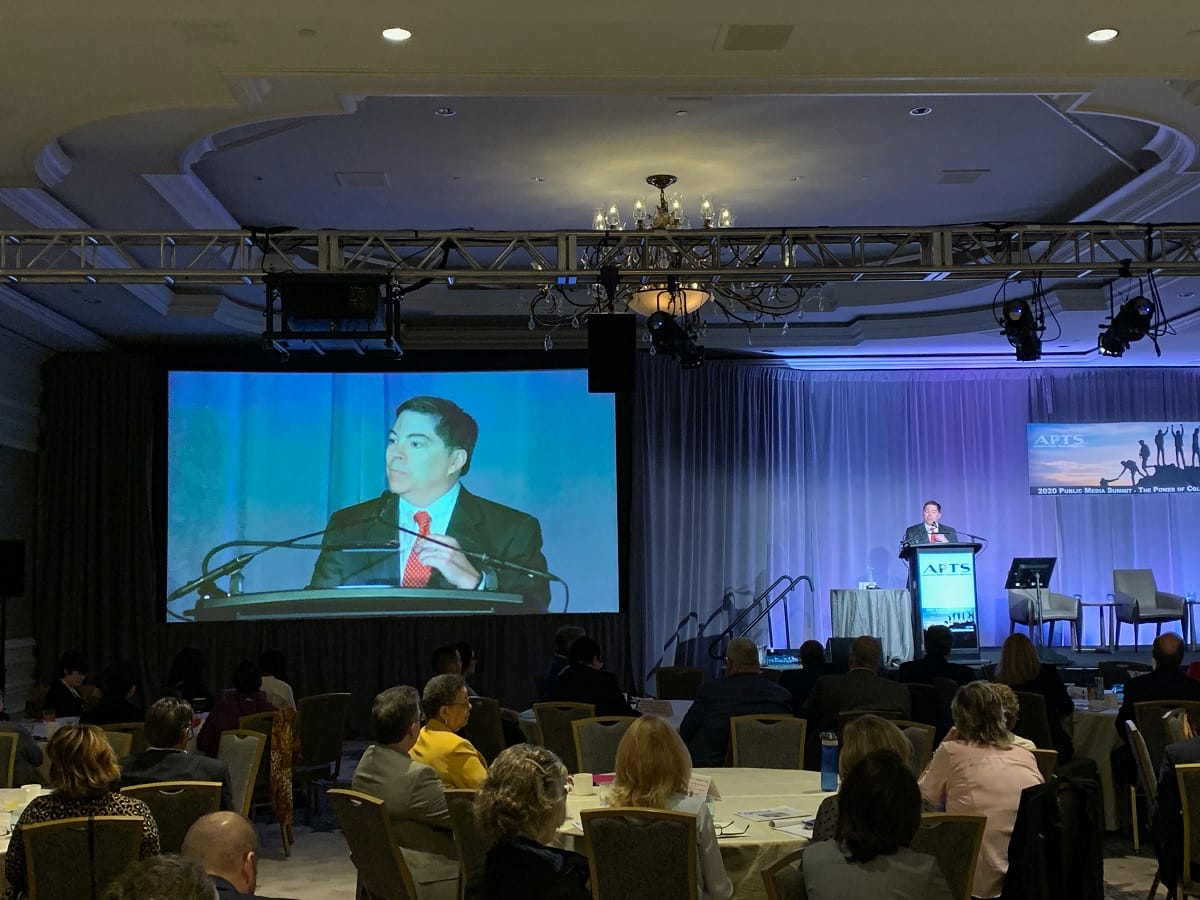Federal Communications Commissioner O’Rielly and Others Promote Upcoming Uses of NextGen TV
WASHINGTON, February 25, 2020 – Public broadcast experts and Federal Communications Commissioner Michael O’Rielly discussed the special role public broadcasting can play in expanding broadband and promoting education, and projected their hopes for the NextGen TV technology. NextGen TV, formally kno










Member discussion